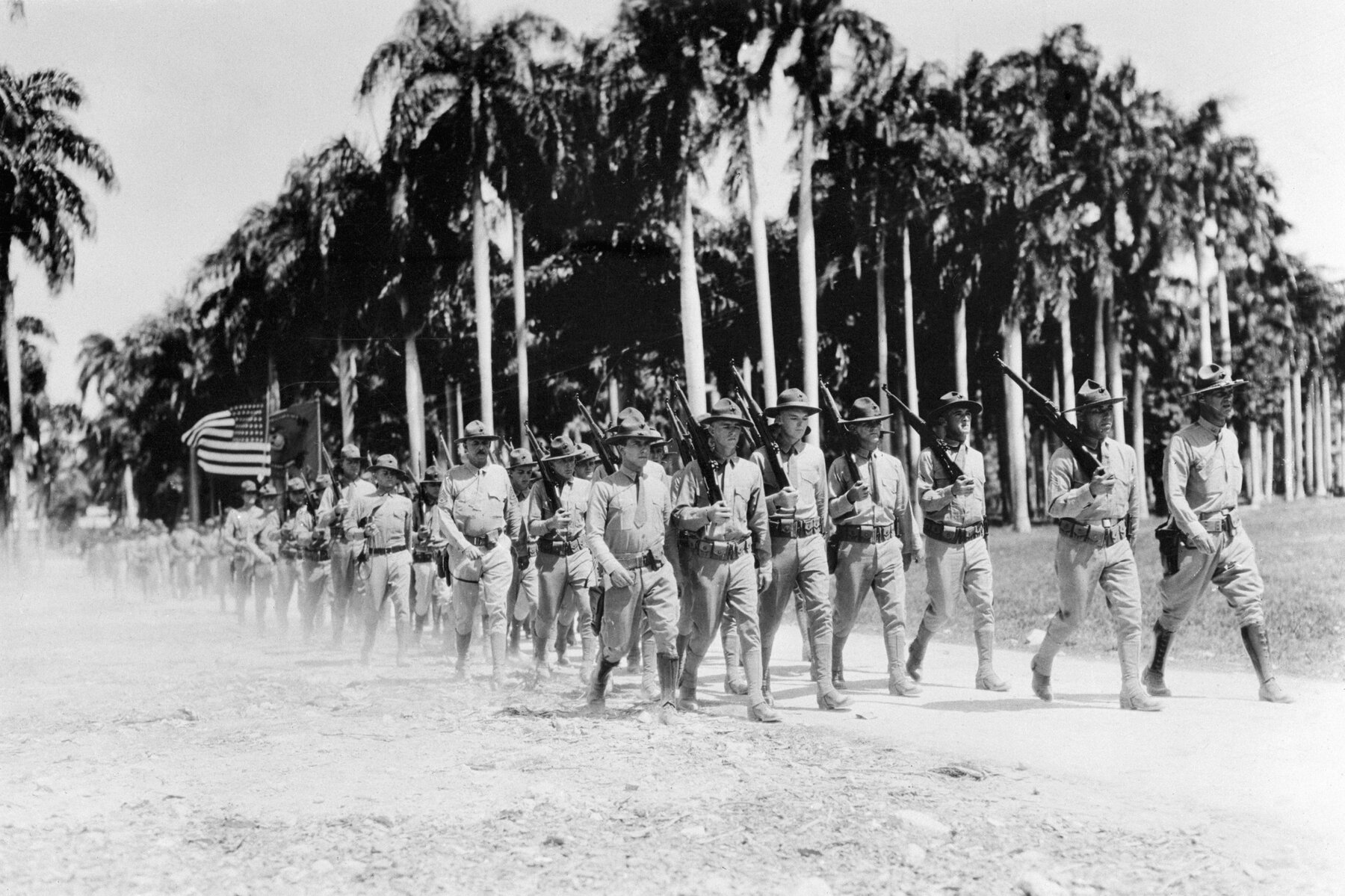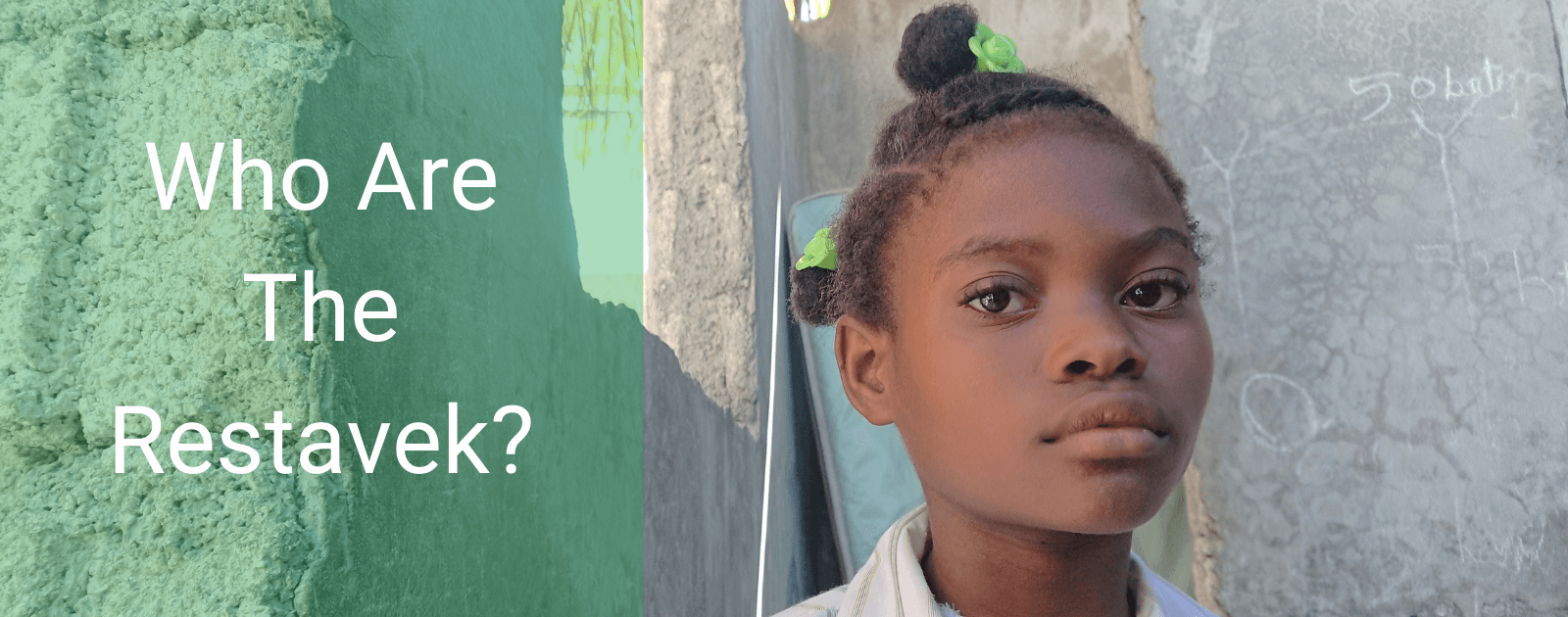January 25, 2024
Categories: Foreign Policy
Tags: human development, human rights, religion, sovereignty, United States
1. Historical Influences: 2. Power Dynamics: 3. Resource Extraction and Corporate Activities: 4. Humanitarian Interventions: 5. Role of International NGOs: 6. Foreign Religious Organizations: 7. Links and Relationships: 8. Key Issues and Challenges: 9. Moving Forward: 10. Potential for Positive Change: American Foreign Policy in Haiti To delve into the influence of American foreign policy […]
June 30, 2023
Categories: Education
Tags: freedom, human rights, pedagogy, Restavek
In his book, Freire argues that education should be a process of liberation, not domination. He defines education as “praxis,” which is the act of reflection and action. Freire contrasts this with “banking education,” which is a traditional approach to education that sees students as empty vessels to be filled with knowledge. He argues that […]
January 19, 2023
Categories: Foreign Policy
Tags: elections, foreign policy, human rights, United States, US Imperialism
Some examples of how U.S. foreign policy has affected Haiti in a negative way throughout history. Occupation: In 1915, the United States occupied Haiti for nearly 20 years, during which time it imposed economic policies that benefited U.S. businesses but hurt the Haitian economy. The U.S. also suppressed political dissent and imposed a constitution […]
October 26, 2020
Categories: Ayiti Now Corp, History, Human Rights, Restavek
Tags: foreign policy, human rights, imperialism, Restavek, United States
According to a study done by the CDC, about 15% of the population of 13-24-year-olds in Haiti are Restaveks. They are children living in domestic servitude, working for long hours every day to perform housework for their host families. They are often neglected and abused in their communities. To understand why the Restavek system thrives […]
October 26, 2020
Categories: Education, Foreign Policy, Human Rights, Restavek
Tags: education, human rights, Restavek
Negligence is a form of abuse Due to their living conditions, Restavek children are often malnourished and prone to illnesses. They receive little care from the host families, who do not provide enough nutrition for them to grow healthily. Jean R. Cadet, an anti-Restavek advocate and former Restavek from the age of 5 until […]




